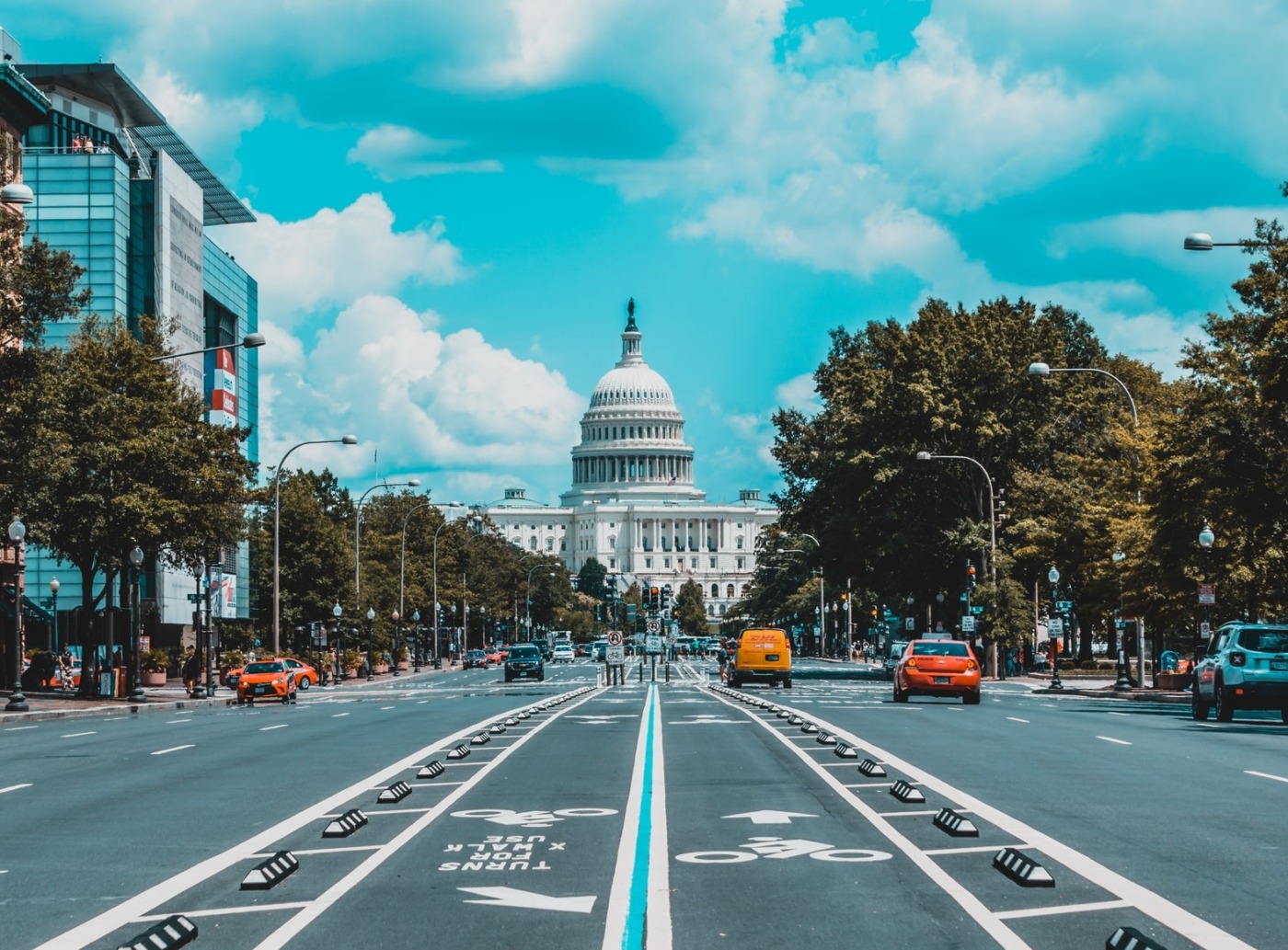‘The Room Where It Happened’: what politicians could learn from Hamilton
The notorious Trump tweet expressing the President’s indignation that the theatre should be a “safe and special place”, a line that in itself was cause for mass debate, was famously sparked by the cast of Hamilton. Four years on and the memoir that could have a momentous effect on Trump’s impeachment trial has been revealed to be entitled The Room Where It Happened, named after a song from the musical. Given my love for Hamilton, it kills me to align the musical even slightly to the life of the President, but it must be admitted that the similarities to the current political climate are startling.
Interestingly, the song after which the memoir is titled is situated at a pivotal moment in the plot of Hamilton, where a decision that could shape the future of America’s history is made. Only those in the room where the deal is being made are privy to the details, an exclusive but powerful group. Everyone denied a seat around the table is desperate to be a fly on the wall, and Aaron Burr’s frustration at being left out is clear.
Similarly, Bolton’s memoir holds within it the information that would otherwise be contained within some very sturdy four walls, information that has the power to enact significant change when no longer restrained. While exclusion from this sought-after setting means that “no one really knows how the game is played” except those who create the rules, in reading this memoir we are given access to a coveted chair in the room where it all went down.
Although there are striking ways that Hamilton echoes the current political sphere, the ways in which it differs also speaks volumes
The impeachment trial reveals a discontent with the President’s governance amongst the Senate itself, recognising an incompetency that the world had identified pretty early on. As such, unlike in the musical, Washington is largely not on Trump’s side.
Politics aside, there are other ways that Hamilton could be attributed to the life of our leaders. The “torrid affair” contained within Say No to This and exposed in The Reynold’s Pamphlet is a relevant reference to both Trump’s and our own Prime Minister’s less-than-admirable ‘romantic’ pasts, albeit never being held to account the same way Hamilton was. If only their scandals also held the weight to ruin their chances at leadership the same way Hamilton’s did, giving us more than “one less thing to worry about”.
Although there are striking ways that Hamilton echoes the current political sphere, the ways in which it differs also speaks volumes. The diverse cast of the musical alongside the struggles that the protagonist overcomes speak towards the importance of embracing diversity, of both racial and social kinds. The eponymously titled opening song questions how a “bastard orphan, son of an immigrant” could “grow up to be a hero and a scholar”. The protagonist, unlike many powerful nation leaders, faced struggle and worked hard to prevail in spite of all that held him back.
Hamilton’s cultural reach clearly spans across disciplines and bears significant weight in the sphere of politics
Despite his flaws and the tragic ending of the plot, Hamilton recounts the story of a man who overcame adversity handed to him as a child to strive to achieve goals others told him would be impossible. This is an inspiring tale for children in today’s society who face similar struggles, and are dissuaded from pursuing success for similar reasons. With Brexit Day past us and the future remaining unclear, it is this demographic that we must keep in mind and strive to protect in the period ahead.
The song of Hamilton’s death is a poignant moment that brings a tear to the eye of many (myself included), but there are a whole host of lessons encompassed within The World Was Wide Enough that political leaders of today should heed. Burr’s realisation of the consequences of his rash decision comes too late, and his acknowledgement that a single decision led him to become the “villain in your history” is one that governments should keep in mind to avoid fulfilling the same fate. Hamilton’s rap at the moment of his death encompasses the importance of equal opportunity, and the essentiality of providing an environment where “even orphan immigrants / Can leave their fingerprints and rise up”.
Hamilton’s cultural reach clearly spans across disciplines and bears significant weight in the sphere of politics, and there are lessons within that the governing bodies of the world should heed. If nothing else, our leaders should keep in mind that history has its eyes on them, and they should hope that the people left to tell their story will favour them positively.

Comments